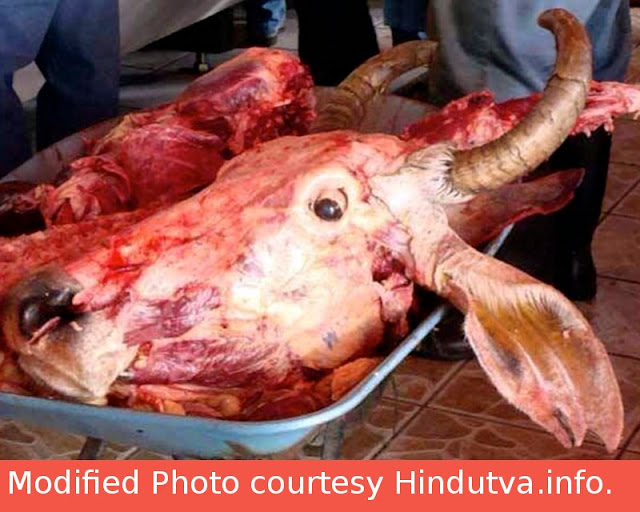#010, boiled cabbage and potatoes and boiled rice and boiled lentils, three times a day
During his second stay in US, Swami Vivekananda wrote to Mr. E.T. Sturdy one of his hosts in England during his first visit. Mr. Sturdy was a Sanskrit scholar. It appears that Vivekananda and Mr. Sturdy did some joint collaborative work in writing and publishing books. We can find from Vivekananda's letter that Mr. Sturdy took Vivekananda to his home as a guest and got him served by his wife meals three times a day. Thereafter, Vivekananda seems to have moved to a Hotel Room with the help of Miss Muller.
When Vivekananda visited England and US second time in 1899, some misunderstandings seem to have developed between Mr. Sturdy and Vivekananda and Miss Muller and Vivekananda. According to Swami Vivekananda's letter of Nov. 1899 addressed to Mr. Sturdy, it is a reply addressed to the later for expressing a view about luxuries provided to Vivekananda during his first visit to England. Now let us how Vivekananda replied about the dinners at Mr. Sturdy's house:
"...I remember your place at Reading, where I was fed with boiled cabbage and potatoes and boiled rice and boiled lentils, three times a day, with your wife's curses for sauce all the time. I do not remember your giving me any cigar to smoke — shilling or penny ones. Nor do I remember myself as complaining of either the food or your wife's incessant curses, though I lived as a thief, shaking through fear all the time, and working every day for you. ... "
This writer's observation: Is this the way a Sanyasi writes to his host? A sanyasi getting boiled cabbage, potatos, boiled rice, boiled lentils, sauce, three times a day, is it not sumptous? What do Sanyasis living on alms in our streets get from house wives when they say "Bhavatii! Bhikshaan deehi? (Mother give me alms!). It depends on their luck. Anyway they do not get food three times. Even if they beg two times midday and early night, what they get are some remnants. Asking his own wife to serve Swami three times a day, Mr. Sturdy seems to have done a reasonably good job of his, as a host.
Our Vivekananda speaks of not remembering Mr. Sturdy giving him any cigar of a penny or a shilling. Smoking is not a normal habit of Sanskrit scholars. Mr. Sturdy, himself being a Sanskrit scholar might not have anticipated that Swami will expect cigars.
At another place in the same November 1899 letter Swami writes: "...I remember Mrs. Sturdy giving me a dinner and a night's lodging in her place, and then the next day criticising the black savage — so dirty and smoking all over the house. ..."
BLOGGER'S VIEW
Mrs. Sturdy may be wrong in criticising Swami "the black savage". Cigars when smoked in closed rooms can give offensive smell and also suffocate the house. Even in India elderly people who smoke cigars go out and sit at a large open place and enjoy their cigar smoking. When the house was filled with smoke repeatedly might have hurt Mrs. Sturdy. Housewives are more averse to offensive tobacco smells. A person desiring to smoke cigars in closed houses, courtesy require they take permission from hosts or at least gently apologise them for smoking. If a housewife curses, a swami cannot curse. This is the essense of the story of Dharmavyaadha and Kausika in our ancient literature.



Comments
Theodore Roosvelt -"It is not the critic who counts; not the man who points out how the strong man stumbles, or where the doer of deeds could have done them better. The credit belongs to the man who is actually in the arena, whose face is marred by dust and sweat and blood; who strives valiantly; who errs, who comes short again and again, because there is no effort without error and shortcoming; but who does actually strive to do the deeds; who knows great enthusiasms, the great devotions; who spends himself in a worthy cause; who at the best knows in the end the triumph of high achievement, and who at the worst, if he fails, at least fails while daring greatly, so that his place shall never be with those cold and timid souls who neither know victory nor defeat."